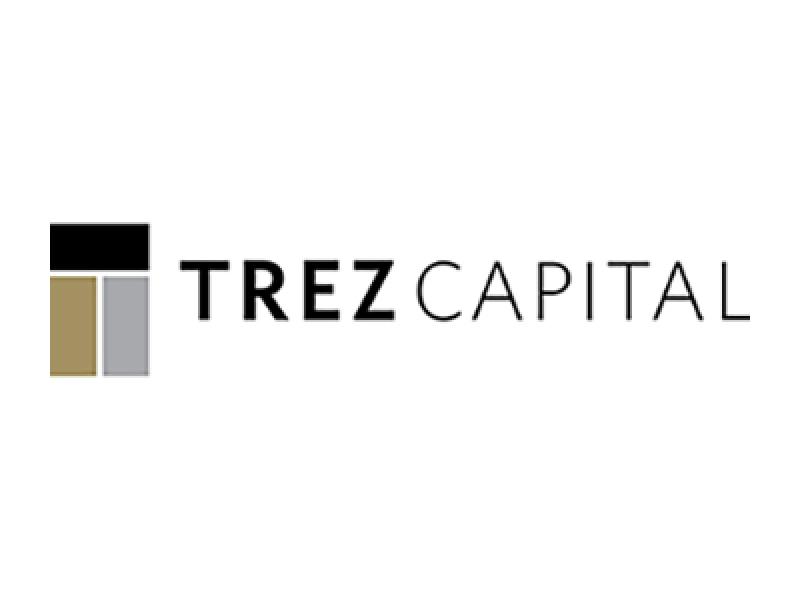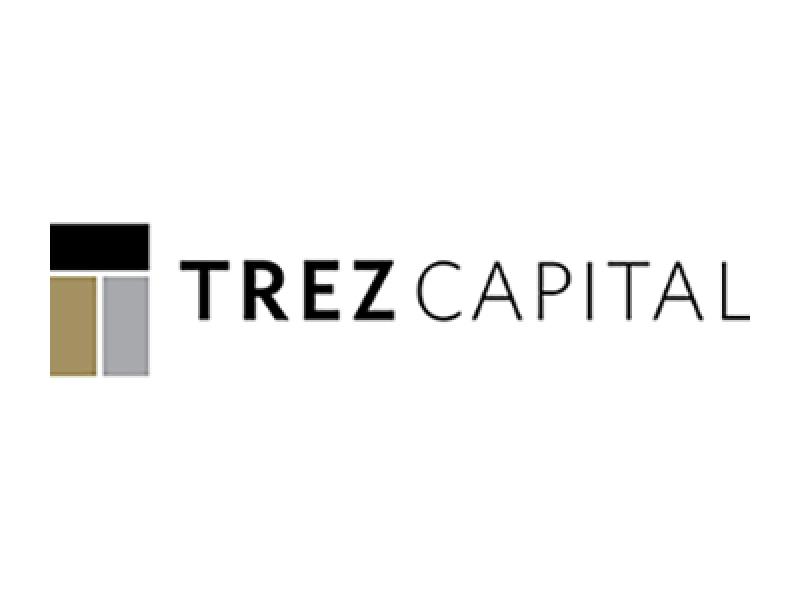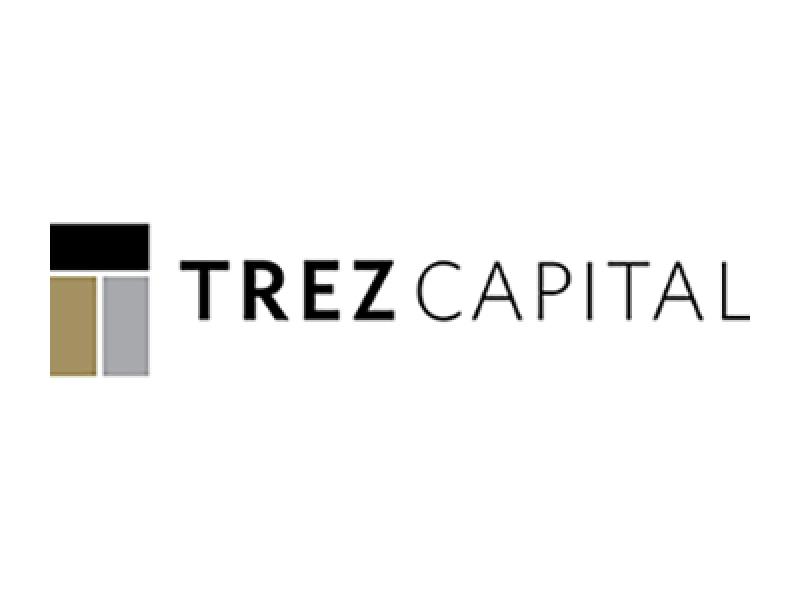
John Hutchinson, Vice-Chairman and Global Head of Origination of Trez Capital (image courtesy: Trez Capital).
The economy in Canada and the United States has been faced with uncertainty over the last couple of months with inflation resulting in monetary tightening and ultimately, . In July, the Bank of Canada (BoC) announced a surprise 100 basis points (bps) increase in its short-term policy rate to 2.5%, and the Federal Reserve unveiled a 75 basis point rate hike in an effort to subdue a breakout of inflation that has not been seen since the 1980s.
Despite these increases and more announcements to follow this month and next, there continues to be tremendous opportunities in key regions across North America for real estate development. The long-term outlook for residential markets is positive and continues to garner attention from developers and investors alike.
Continued growth in the Sunbelt region
The Sunbelt region in the U.S. has become one of the most sought-after locations from the pandemic migration boom. Momentum continues to build in these areas driven by growth factors such as low taxation, low regulation, and more freedom to do business, coupled with a higher quality of living, affordability and job growth.
Texas is a perfect example. As of this year, the state is home to more Fortune 500 companies than any other state in the U.S. Houston is no longer dependent on oil and gas with a more diversified industry portfolio according to Moody Analytics, and Austin is becoming the premier location in the Southwest for technology companies to expand. With the state’s business-friendly environment, no state tax, and lower cost of living, companies have been relocating here to take advantage of the business benefits. These relocations are triggering major in-migration and creating continued demand for housing in the Sunbelt.
Housing supply shortage in Canada
In Canada, Trez Capital has observed a chronic housing supply shortage over the past couple of years, fueled by strong population growth. The country added 1.8 million citizens between 2016 and 2021, and earlier this year, the federal government announced its plans to welcome 1.3 million immigrants over the next three years.
To meet existing and expected demand, builders are getting their projects off the ground as quickly as municipalities will permit. Excess demand and lack of supply of housing units will continue to drive prices higher, placing additional pressure on the already strained rental inventory in Canada. Despite rising interest rates, the residential market is surging with lack of supply remaining the market’s number-one issue.
Opportunity in multi-family real estate
As of this June, the multi-family sector in Texas has expanded by 15% according to Texas Real Estate Research Center, and Austin specifically has outshone the top cities in the “Texas Triangle” with its large influx of migration and high-income jobs, placing premium prices on real estate. According to CoStar data, Austin has doubled its construction starts over the past year and is estimated to deliver 15,827 apartments in 2022. As well, the city saw an increase of 25%+ in rent growth and strong occupancy rates at the end of 2021. Despite all of the changes happening in the economy, due to consumer demand, investing in Austin multi-family is, and will continue to be, a phenomenal opportunity.
In Canada, the demand for multi-family rental real estate experienced an increase of +25% this June in comparison to June 2021 data according to Rentsync. As well, CBRE projected in its Canada Real Estate Market Outlook that multi-family vacancy rates will decrease throughout 2022 due to a lack of supply and increased demand from tenants. On the for-sale side, the sector saw a record-breaking first quarter this year with a total sales volume of $794 million in the Greater Toronto Area alone – a 35.9% year-over-year increase – according to Colliers. The multi-family sector in Canada is continuing to grow and presents ample opportunities for investors and developers.
Demand will persist in Canada and the U.S.
In the right markets, it is safe to say that demand for the right asset class will persevere despite rising interest rates. People need homes now more than ever. The real estate industry needs to continue to build communities and invest in asset classes where they are needed, while navigating through the current economic environment and solving the challenges that it may impose.
About Trez Capital
Founded in 1997, Trez Capital is a diversified real estate investment firm and preeminent provider of commercial real estate debt and equity financing solutions in Canada and the United States. Trez Capital offers private and institutional investors strategies to invest in a variety of opportunistic, fully secured mortgage investment funds, syndications, and joint-ventures; and provides property developers with quick approvals on flexible short- to mid-term financing.
With offices across North America, Trez Corporate Group has over $4.5* billion CAD in assets under management and has funded over 1,700 transactions totaling more than $16 billion CAD since its inception. For more information, visit www.trezcapital.com. (*Trez Corporate Group AUM includes assets held by all Trez-related entities as well as $2.9 billion Manager AUM (Trez Capital Fund Management Limited Partnership)).











